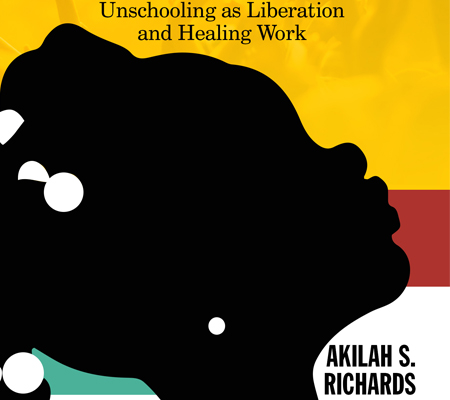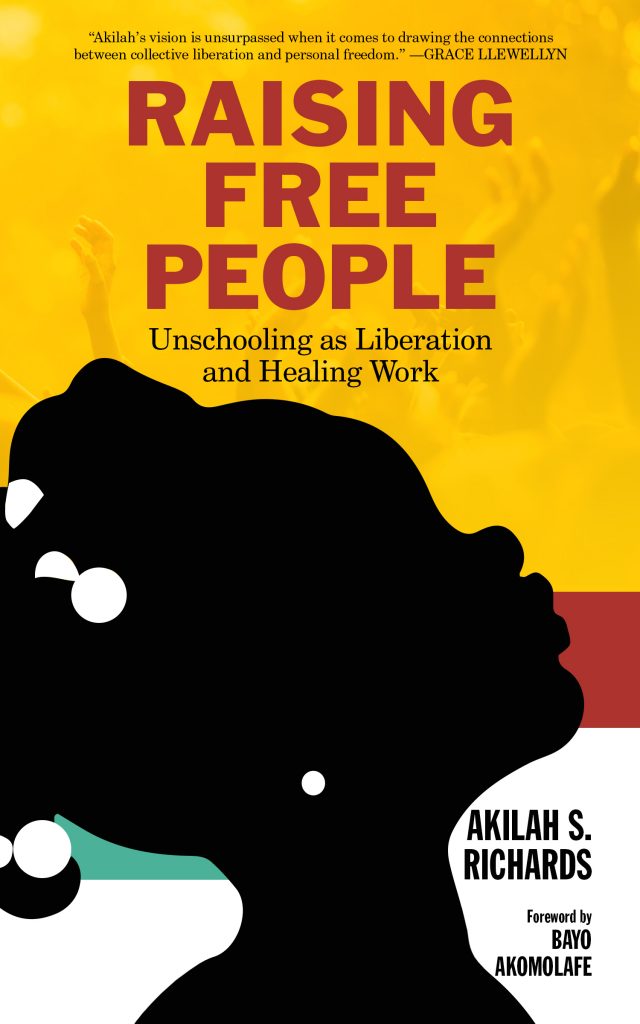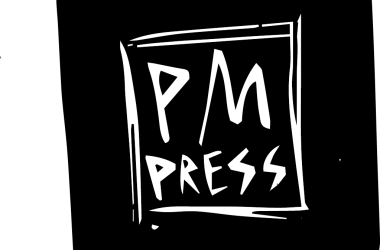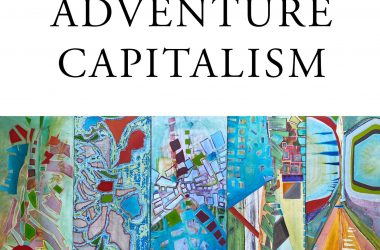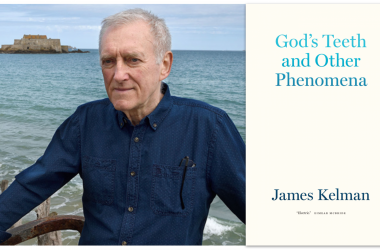‘When You Get Into Unschooling, It’s Almost Like a Religion’
The movement might help us deal with the problems posed by remote learning.
By Molly Worthen
New York Times
September 27th, 2020

Tiersa McQueen vividly remembers the morning she woke up and found her four children teaching themselves geometry. She discovered them standing at the whiteboard, measuring angles and studying shapes they had traced.
“They wanted to know what the shapes were, so they looked them up, wrote down the names, then started going down the rabbit hole of online information,” she told me.
The McQueens are unschoolers. The children — a 14-year-old, a 13-year-old and 9-year-old twins — learn at home, but with far more flexibility than traditional home-schooling families. Their parents spurn curriculums, textbooks, tests and grades. Instead they do their best to follow the children’s natural curiosity, their impulse to drop what bores them and investigate whatever captivates them, engaging in “self-directed education” at their own pace.
During this long season of involuntary at-home learning, what parent hasn’t dreamed of moments like Ms. McQueen’s morning discovery? As parents struggle to keep up with their own jobs while kids work through packets of worksheets and iPad apps in the next room, it is tempting to hope for a silver lining: the emancipation of children’s impulses to explore the world independently, to find ways to answer their own questions.
Unschoolers, who have long occupied an obscure corner of the home-schooling community, have suddenly become intriguing, less like alien life-forms and more like your cool neighbor who managed to stay relaxed through the monthslong shortages of toilet paper and child care. Unschooling is a pedagogy premised on letting your kid sleep in, read whatever they like (or not) and learn math (or not) through baking, elaborate Lego creations or wandering the internet rather than working through a textbook.
This approach is unlikely to work for most families. Even some who believe wholeheartedly in the idea of unschooling struggle with it in practice. But unschoolers’ choice to take on that struggle should compel the rest of us to face big questions about motivation, coercion and the purpose of education during this unusual school year and beyond.
It’s easy to assume that teaching children at home requires economic privilege, a stay-at-home-parent who can afford to focus full time on education. In our new, quarantined Gilded Age, wealthy families are hiring private tutors just like their Victorian forebears. Yet unschooling families are economically diverse. When the psychologists Peter Gray and Gina Riley published a 2013 survey of about 230 unschooling families, they found “a wide range in terms of socioeconomic strata.”
“There’s a narrative that makes people feel, if they don’t have resources, they can’t do it, and that’s not true,” Ms. McQueen told me. “I’m doing it, and I’m not affluent.” She works 8 to 5 at the headquarters of a retail chain in Bradenton, Fla. Her husband works two jobs, nights and weekends, at a convenience store and a grocery store.
Fear of school shootings and concern over “the racial bias in schools, the school-to-prison pipeline,” as well as many schools’ stunted curriculum in Black history, drove the McQueens to begin their experiment with at-home learning in 2015, she said: “We wanted to educate our children based on what we value, versus what the school was teaching them.”
Ms. McQueen also wants to preserve her kids from the kind of traditional education that, she says, sapped her own self-assurance. “If you’re taking orders all the time, your confidence is based on what someone else says, not what you say. That’s one of the main reasons I decided I could do this. I didn’t want them to turn out like me,” she said. “It has taken me a lot of unlearning to trust myself.”
Covid-19 has thrown families back on their own resources, and many parents and children have had to learn to trust themselves.
“The pandemic has tremendously increased my visibility, and people’s interest in self-directed education,” Akilah Richards, a podcaster, author and unschooling mother of two in the Atlanta area, told me. “Now you’re at home, you’re wanting your kid to do the thing you wanted to believe they were doing in school: being super attentive to their lessons because they’re motivated, and not because someone was lording over them. But now you can’t get them to finish their packet because you have work too, so what does it look like for young people to feel a sense of connection to what they’re supposed to learn?”
Education reformers have been asking that question since at least the 19th century. When the German educator Friedrich Froebel invented kindergarten in the 1830s, he stressed the educational value of games and free play.Progressive reformers like Maria Montessori and John Dewey pushed for a more “child centered” approach to education that stressed experience and experimentation over rote memorization. African-American activists assailed mainstream schools for belittling students of color. In 1933, the historian Carter Woodson called the “crusade” against inferior Black schools and textbooks full of white supremacist propaganda “much more important than the anti-lynching movement, because there would be no lynching if it did not start in the schoolroom.”
By the 1960s, progressives’ insights had become (and largely remain) mainstream. But a new generation of activists denounced traditional schools as “prisons” whose origins lay in capitalists’ desire for educated and obedient workers, and whose tyrannies demanded a new civil rights revolution.
Local Black and Indigenous communities organized independent ethnocentric schools. Other reformers, inspired by humanistic psychology’s rosy vision of every person’s capacity for free will and self-actualization, called for loosely supervised “free schools” and even the abolition of schools altogether. (They often sidestepped the overwhelming social necessity of public schools to not only educate, but also provide child care and healthy food for millions of children.)
In 1968 the Brazilian scholar Paulo Freire warned in his book “Pedagogy of the Oppressed” that “education as the exercise of domination stimulates the credulity of students, with the ideological intent (often not perceived by educators) of indoctrinating them to adapt to the world of oppression.”
A few years later his friend Ivan Illich, a philosopher and Catholic priest, argued in “Deschooling Society” that real learning happens casually, through personal relationships; compulsory schooling has become a purveyor of false consciousness, “the world religion of a modernized proletariat, and makes futile promises of salvation to the poor of the technological age.”
Unschoolers have long complained that mainstream education turns students into serfs of capitalist exploitation (although it’s worth noting that “Pedagogy of the Oppressed” is not a fringe text; Freire is widely read in schools of education today). Recently the unschoolers’ critique has intersected with more pro-capitalist voices coming out of Silicon Valley.
School “came close to really beating any curiosity out of me,” Steve Jobs once said. Seth Godin, an entrepreneurship guru and best-selling author, wrote in his 2012 manifesto on education, “Stop Stealing Dreams”: “Are we going to applaud, push or even permit our schools (including most of the private ones) to continue the safe but ultimately doomed strategy of churning out predictable, testable and mediocre factory workers?”
These education critics may disagree about the sins and virtues of modern market capitalism, but they seem to share a theory of freedom reminiscent of Rousseau’s radical ideas. Unschooling assumes that humans become free by throwing off society’s conventions and immediately enacting that freedom; passion comes first, and competence will follow.
Children “ought to leap, to run, to shout, whenever they will. All their movements are necessities of nature, which is endeavoring to strengthen itself,” Rousseau wrote in “Emile,” his 1762 treatise on education. This stands in contrast to the message of most world religions and tiger moms everywhere: that we gain freedom and nurture passion by learning self-mastery and complex skills, and that means submitting to a long, difficult time of discipline and direction outside ourselves.
“When you get into unschooling, it’s almost like a religion,” Amanda Enclade, a mother of three who has unschooled her two younger children, told me. “You have to be determined and have faith.”
In this faith, a child’s motivation to learn is an instinct to be unleashed, rather than a virtue whose development requires some mixture of coercion, oversight and artificial rewards. “It is hard not to feel that there must be something very wrong with much of what we do in school, if we feel the need to worry so much about what many people call ‘motivation,’” John Holt, an unschooling pioneer, wrote in his 1967 book “How Children Learn.” “A child has no stronger desire than to make sense of the world, to move freely in it, to do the things that he sees bigger people doing.”
When Ms. Richards, the Atlanta podcaster, began unschooling with her family, she realized “that human nature is that of a little scientist,” she said. But scientists don’t usually drift along, following their impulses, abandoning experiments when they become boring. How does an unschooled child learn to stick with the hard stuff, the boring stuff? Unschoolers’ faith in free choice can seem like an extreme version of the consumerist impulse that has crept into education, in which the student is no scientist, but a customer who is always right.
“When I came into this world, I thought that when you remove restrictions, the paraphernalia of school and coercion, then kids’ curiosity and self-direction would naturally bloom,” Blake Boles, the author of “Why Are You Still Sending Your Kids to School?,” told me. “That’s not what happens. There are plenty of motivational challenges. They struggle like other kids, and I think that’s OK. I say when you choose to unschool, you’re choosing to take on this heightened sense of freedom and responsibilities that most people don’t choose until they’re 18 or 22. It’s the same struggle, just happening earlier.”
We can’t pretend that mainstream schools have solved the motivation problem, even as many teachers try to combine the advantages of schoolroom structure with respect for children’s urge to explore. This problem is all the more pressing at a time when social isolation forces students to rely on apps and social media.
The same technology that makes learning at home accessible, that seems to make so much education free, also ensnares our brains with its glowing screens, relentless pings, likes and other dopamine hits. We need to have a serious conversation about how children can learn to become technology’s masters and not its servants. Unschoolers can be leaders in this — because, by throwing off social norms and pushing faith in a child’s freedom to an extreme, they nudge the rest of us to confront our own assumptions and blind spots.
Parents don’t have to be utopian revolutionaries to take small cues from unschoolers, tips to turn bare pandemic survival into something closer to flourishing. Covid-19 has forced families to face “the other pandemic that was happening before Covid,” Ms. Richards said. “That’s not understanding how to be in real relationships intergenerationally, adults and children. Now we’re forced to say, if I’m at home with my kids and partner, maybe we don’t always even like each other, but we have to figure out how to be together and be productive.”
Ms. McQueen, the unschooling mom in Florida, pointed out that with no tests or grades, “you have to have a deeper relationship, and observe your children that much more. That’s how you get to know what they’re thinking and learning, that they’re progressing — by having those conversations.”
In this sense, 2020 is not a lost year. It’s a chance for parents and children to watch and listen to one another, to turn the weekday scramble into an occasion to experiment and think about what it takes to make a free human being — one whose freedom comes from truly knowing something about the world, and about herself.
Akilah S. Richards hosts Fare of the Free Child, a lifestyle and parenting podcast about the connection between liberation, learning, and parenting, particularly among BIPOC communities. Parents, educators, unschoolers and entrepreneurs tune in weekly to connect about unschooling, deschooling, conscious parenting, and self-directedness. Akilah is passionate about mindful partnerships and parenting and her voice and work have been featured on NPR, NBC TV, Good Morning America’s blog, and in several print and web-based publications. The TEDx Speaker, accomplished digital content writer, and sought-after facilitator is part of a nomadic family of four; she and her partner, Kris, are raising two self-directed teenagers.

